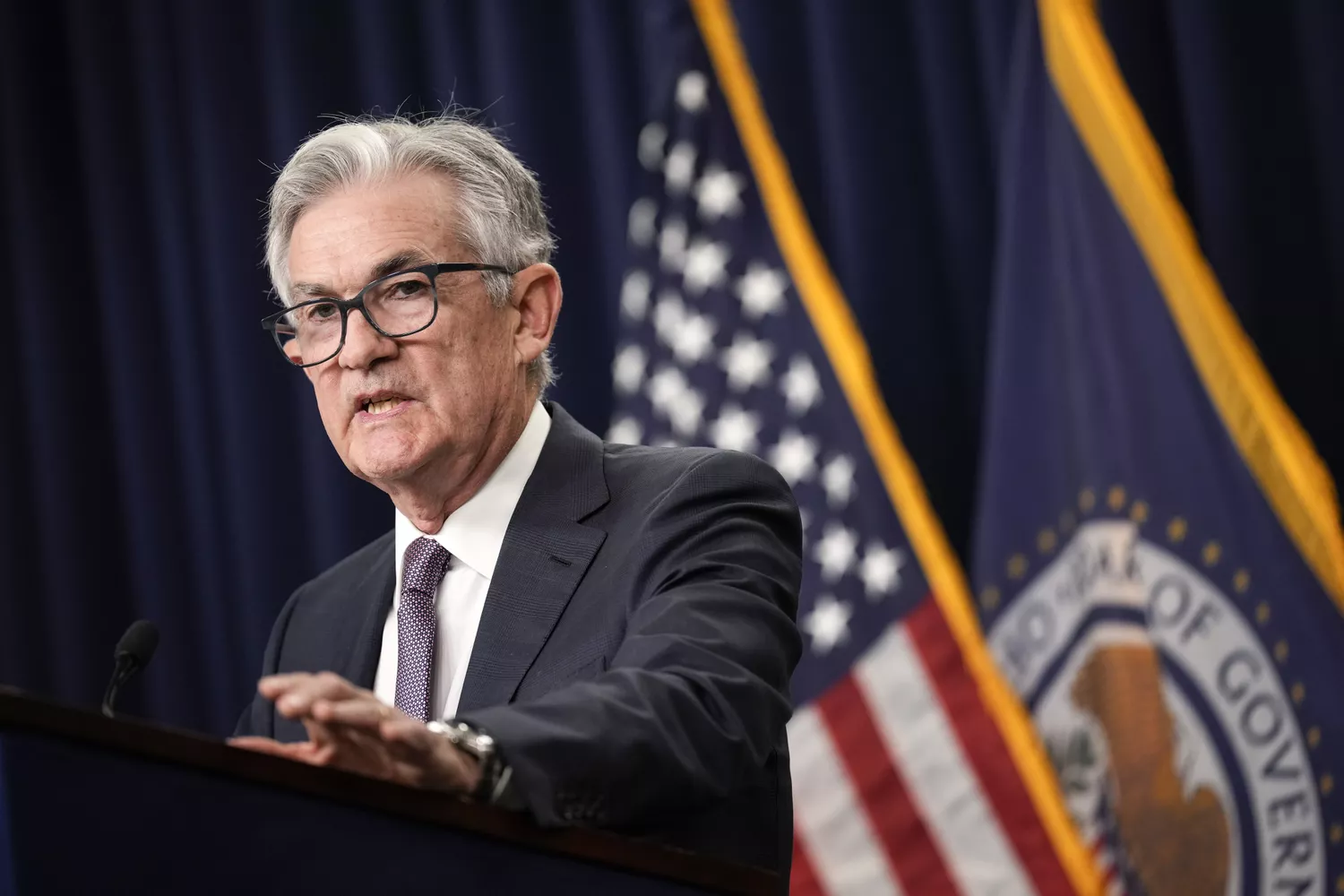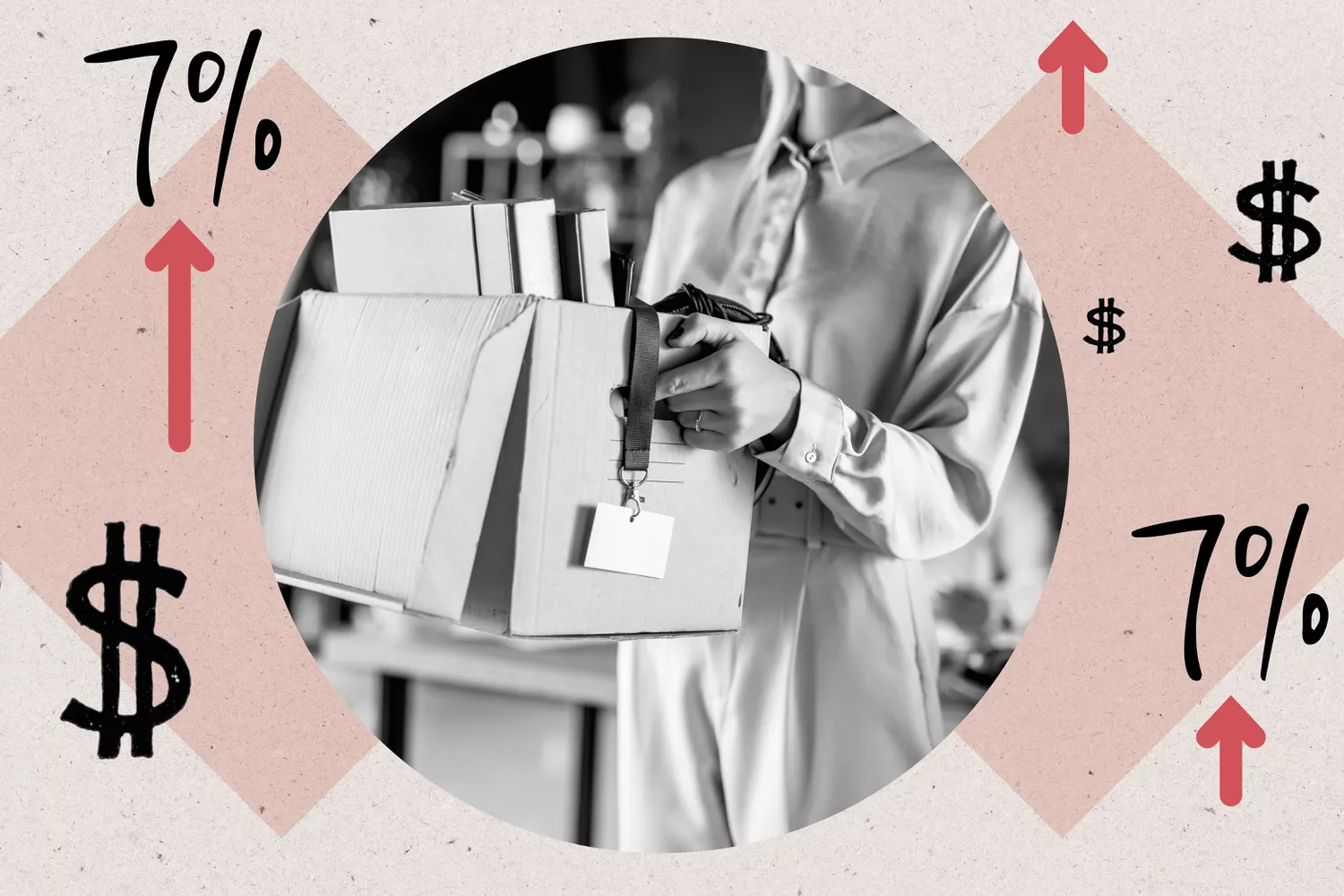
If you believed interest rates on loans, credit cards, or home mortgages were currently high, hold on tight.
As widely anticipated, the Federal Reserve as soon as again raised its benchmark rates of interest 0.75 percentage points (75 basis points) on Wednesday, bringing it to a variety of 3.75% -4% and said additional boosts were most likely in the future.1 It is the fourth super-sized interest rate hike because June, and it brought this benchmark rate– known as the fed funds rate– to its greatest given that 2008.2
The rate walking came out of the Fed’s seventh meeting this year, and was its most current relocation in its fight versus inflation. The hike will raise loaning costs throughout the economy, leading to higher interest rates on credit cards, vehicle loans, service loans, and possibly home mortgages. On the brilliant side for consumers, we could see increases to rates of interest on savings account and products, like high-yield cost savings accounts and certificates of deposits (CDs).
High rate of interest are planned to prevent borrowing and spending, decreasing need for products and services and allowing supply and need to rebalance in hopes that the rampant customer price increases we’ve seen this year will decrease.
” Inflation remains raised, showing supply and need imbalances connected to the pandemic, greater food and energy rates, and broader cost pressures,” the Federal Open Market Committee stated in a statement. “Russia’s war against Ukraine is triggering remarkable human and economic hardship. The war and related events are creating additional upward pressure on inflation and are weighing on global financial activity.”
Note
The federal funds rate heavily affects rates of interest throughout the economy, including those on credit cards and loans, however it’s not the rate you get on those loans. Banks generally charge a set quantity above their so-called prime rate. The prime rate relocations in tandem with the fed funds rate, however it’s typically about 3 portion points greater.3.
The economy has actually up until now shown resistant to the Fed’s tough anti-inflation medicine. Economic experts commonly predict the economy will fall into a recession as an outcome of the Fed’s campaign of rate hikes with business slowing down and millions losing their tasks. Nevertheless, consumers have yet to substantially cut down on shopping, and companies have continued to employ and hang on to staff members.
While this indicates organization is still growing and tasks are still reasonably simple to come by, inflation has actually stayed stubbornly high, meaning the Fed will likely need to continue raising rates higher, triggering more damage to the economy while doing so.
The rate hikes have actually already had a seismic effect on the real estate market, which has slowed down dramatically because of home mortgage rates of interest reaching their greatest considering that 2001.4 The rate walkings have likewise bludgeoned stock and bond markets, causing headaches for investors and retirement savers.



